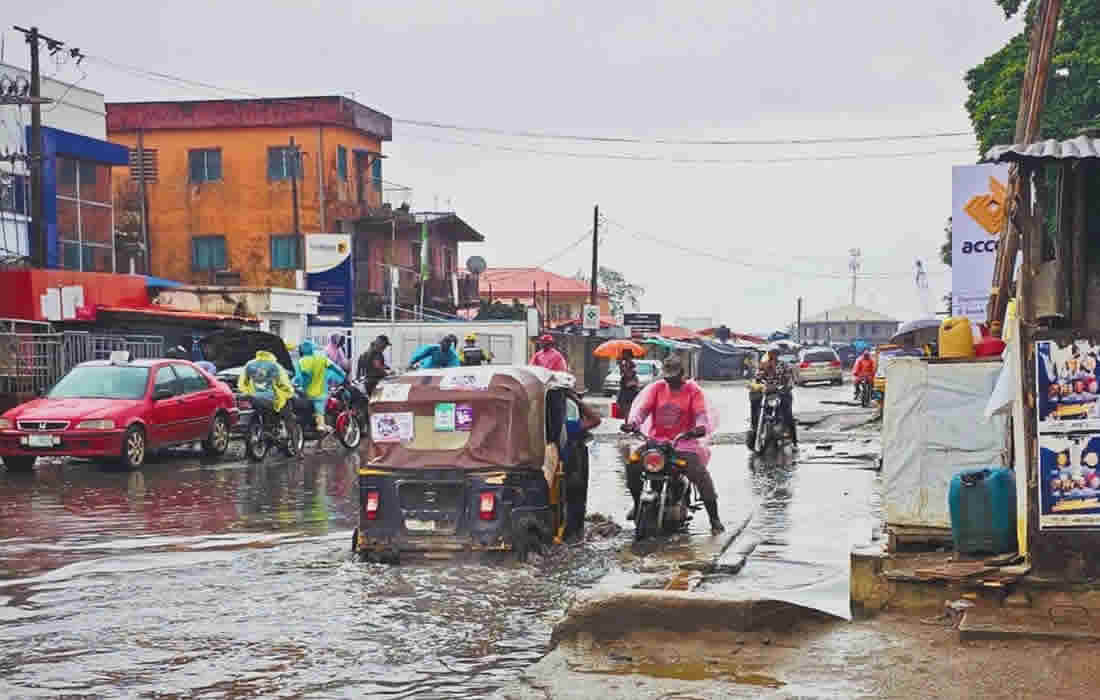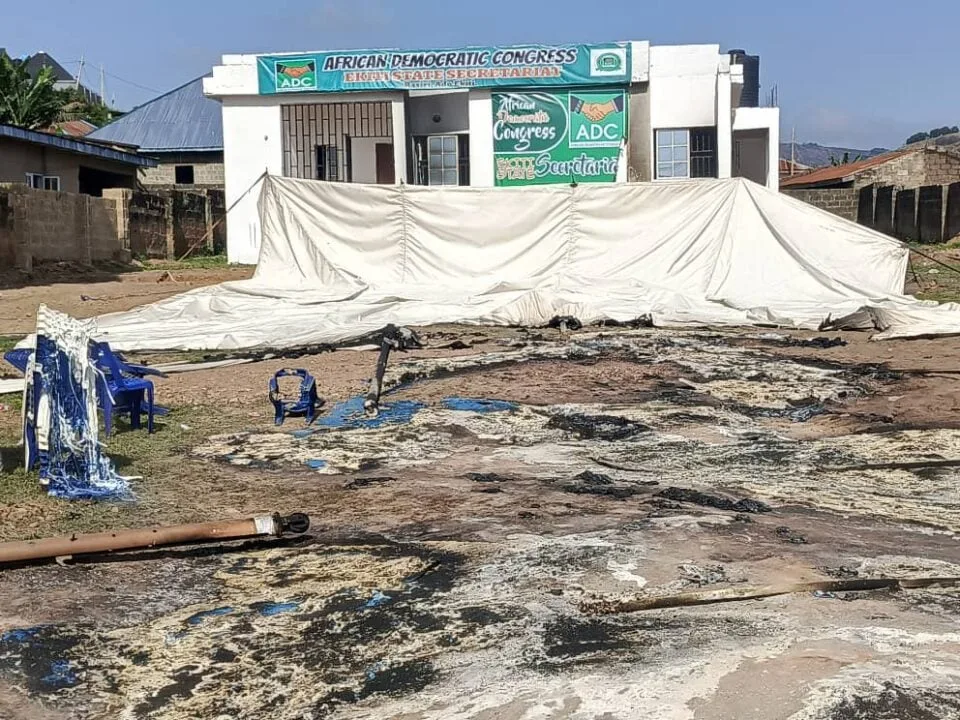Lagos, Nigeria’s largest city and economic hub, is no stranger to flooding. With its rapid urbanization, inadequate drainage infrastructure, and climate change impacts, the city faces increasingly severe flooding events. These floods not only disrupt daily life but also pose significant threats to public health. This article explores the growing flooding crisis in Lagos and its implications for the health and well-being of its residents.
The Growing Problem of Flooding
Lagos is situated along the Atlantic coast and is characterized by low-lying areas and a dense population. The city’s geographic and climatic conditions make it particularly vulnerable to flooding, especially during the rainy season. Recent years have seen an increase in the frequency and intensity of flooding, exacerbated by factors such as urban sprawl, deforestation, and rising sea levels.
Flooding in Lagos often results from heavy rains overwhelming the city’s drainage systems, which are insufficient for managing the volume of water. Inadequate waste management and poor urban planning have further contributed to blocked drains and increased runoff.
Public Health Risks Associated with Flooding
- Waterborne Diseases
- Floodwaters can carry a host of pathogens, leading to outbreaks of waterborne diseases such as cholera, typhoid fever, and hepatitis A. Contaminated water sources and poor sanitation in flood-affected areas create an environment ripe for the spread of these diseases.
- Vector-Borne Diseases
- Stagnant floodwaters provide breeding grounds for mosquitoes, increasing the risk of vector-borne diseases such as malaria and dengue fever. The proliferation of mosquitoes in flood-prone areas can lead to a surge in cases, placing additional strain on public health systems.
- Respiratory Issues
- Flooding often leads to the displacement of communities and the destruction of homes. This displacement can result in overcrowded living conditions, which exacerbate respiratory issues such as asthma and other infections. Additionally, mold and dampness resulting from flooding can contribute to respiratory problems.
- Mental Health Impacts
- The trauma and stress associated with losing homes, businesses, and livelihoods due to flooding can have severe mental health consequences. The psychological impact of floods includes anxiety, depression, and post-traumatic stress disorder (PTSD). The ongoing threat of future flooding can also contribute to long-term mental health issues.
- Nutritional Challenges
- Flooding can disrupt food supply chains and agriculture, leading to food shortages and increased prices. This disruption affects nutritional intake, particularly for vulnerable populations who may already face food insecurity.
Government and Community Response
The Lagos State government has initiated several measures to address the flooding crisis and its health impacts:
- Improving Drainage Infrastructure
- Efforts are being made to upgrade and expand the city’s drainage systems to better manage stormwater. Projects include the construction of new drains and the maintenance of existing ones to prevent blockages.
- Emergency Response and Relief
- During flooding events, emergency response teams provide relief aid, including food, clean water, and medical assistance. Temporary shelters are set up for displaced residents, and public health campaigns are launched to raise awareness about disease prevention.
- Public Health Interventions
- The government and non-governmental organizations (NGOs) work to provide vaccinations, distribute mosquito nets, and offer treatment for waterborne and vector-borne diseases. Health education programs aim to inform residents about hygiene practices and disease prevention.
- Climate Resilience Planning
- Long-term strategies are being developed to enhance the city’s resilience to climate change. This includes improving urban planning, promoting sustainable land use, and incorporating climate risk assessments into development projects.
Community Initiatives and Actions
In addition to government efforts, local communities and organizations play a crucial role in managing the health impacts of flooding:
- Community-Based Organizations
- Local groups often engage in flood prevention and response activities, such as cleaning drains, organizing health campaigns, and providing support to affected families.
- Education and Advocacy
- Advocacy groups work to raise awareness about the health risks of flooding and advocate for better infrastructure and policies. Community education programs focus on practical measures for preventing disease and improving resilience.
- Volunteer Efforts
- Volunteers frequently assist with relief efforts, including distributing supplies, providing medical care, and offering emotional support to flood-affected individuals.
Looking Ahead
The flooding crisis in Lagos presents a significant challenge to public health and requires a multi-faceted approach to address. Continued investment in infrastructure, effective emergency response, and community engagement are essential for mitigating the health impacts of flooding. As Lagos continues to grow and face the realities of climate change, a collaborative effort involving government, organizations, and residents will be crucial in safeguarding public health and building a more resilient city.
Conclusion
Flooding in Lagos poses serious threats to public health, affecting waterborne and vector-borne disease prevalence, respiratory and mental health, and food security. Addressing these challenges requires a comprehensive approach that includes improved infrastructure, effective emergency response, and active community involvement. By tackling the root causes of flooding and its health impacts, Lagos can work towards a safer and healthier future for all its residents





